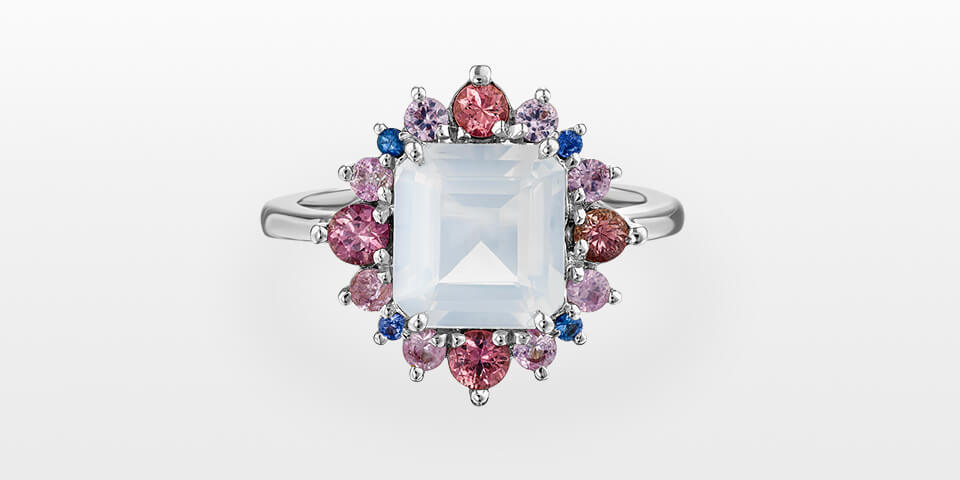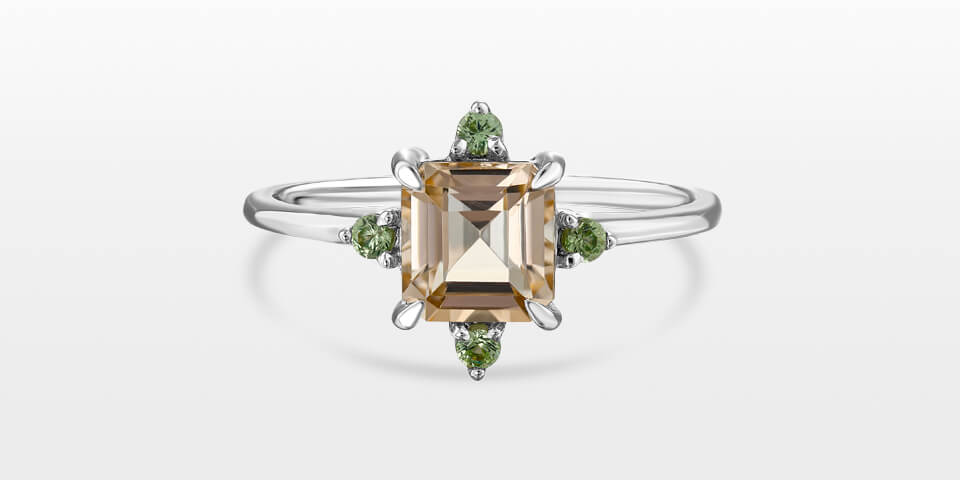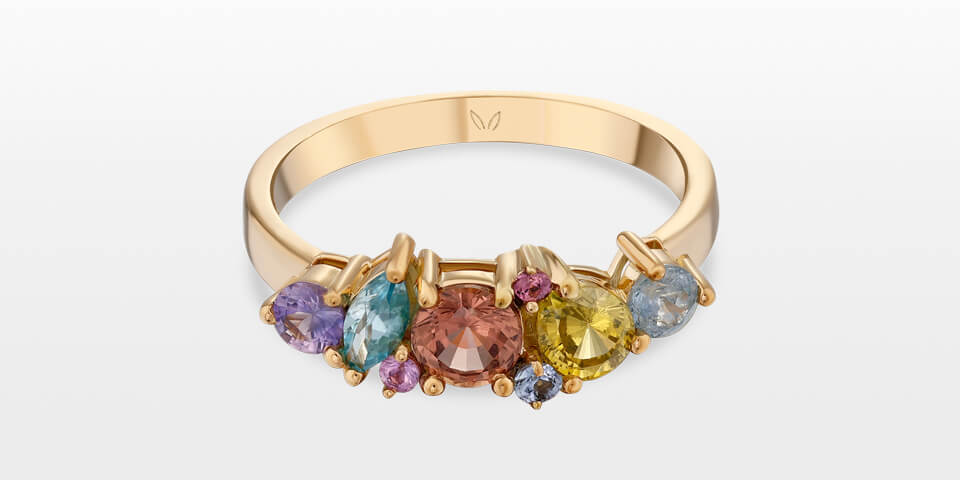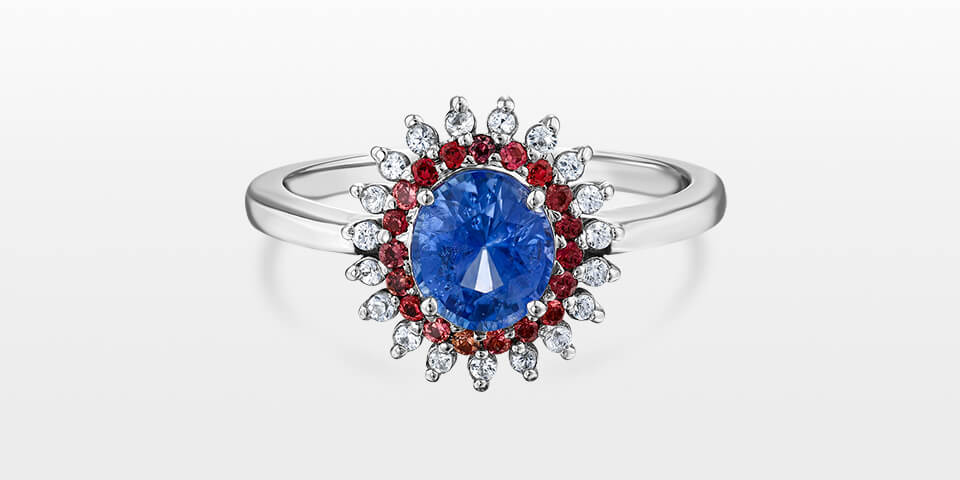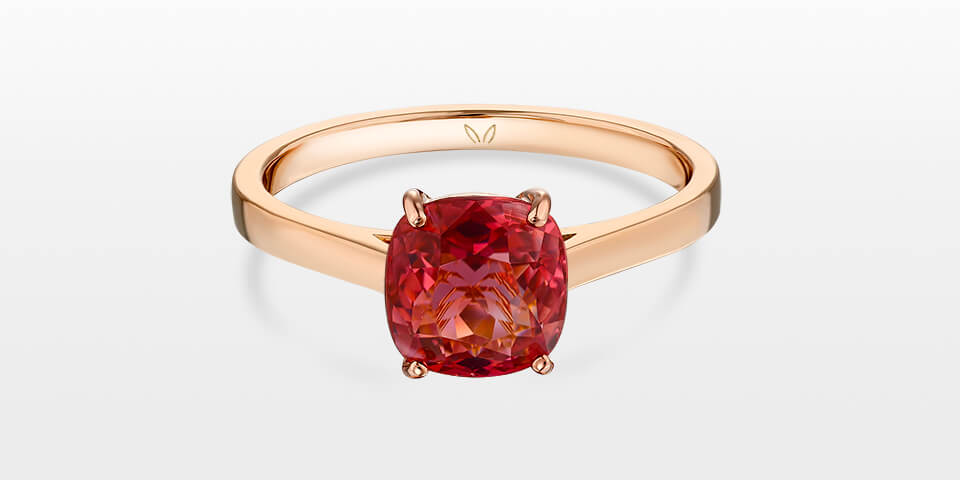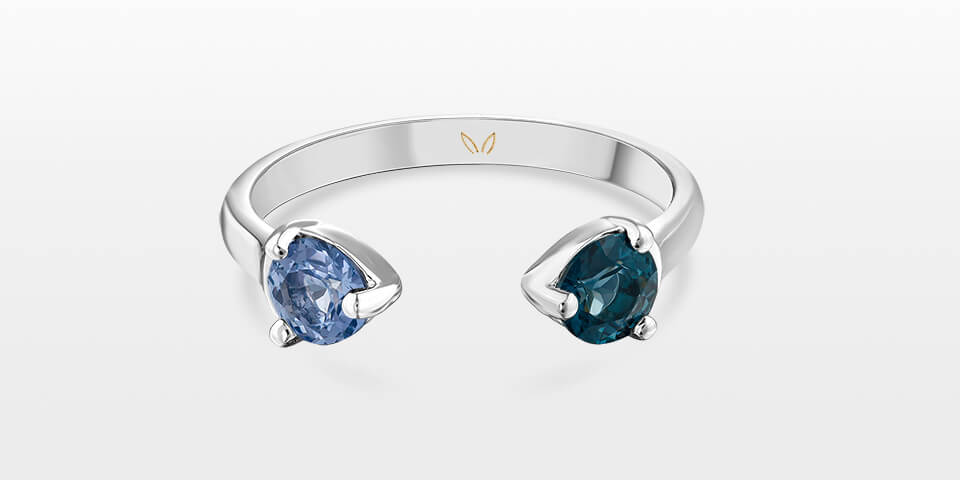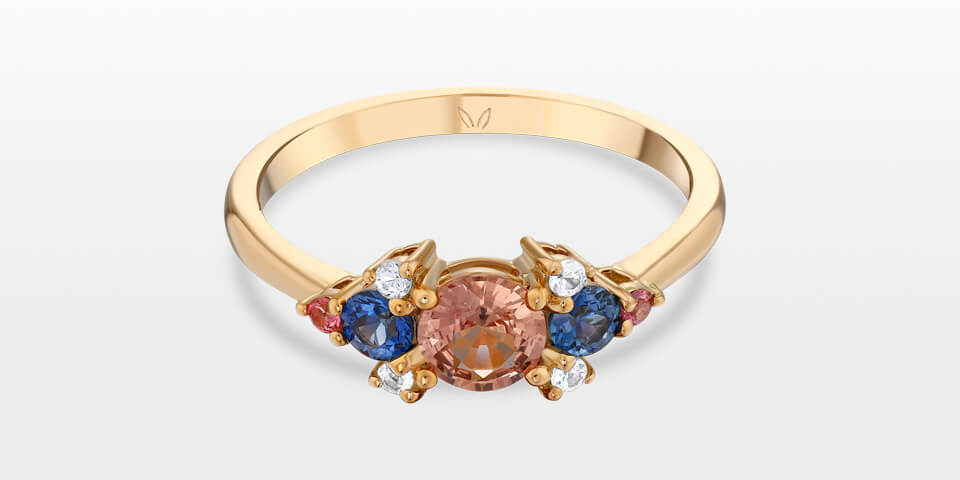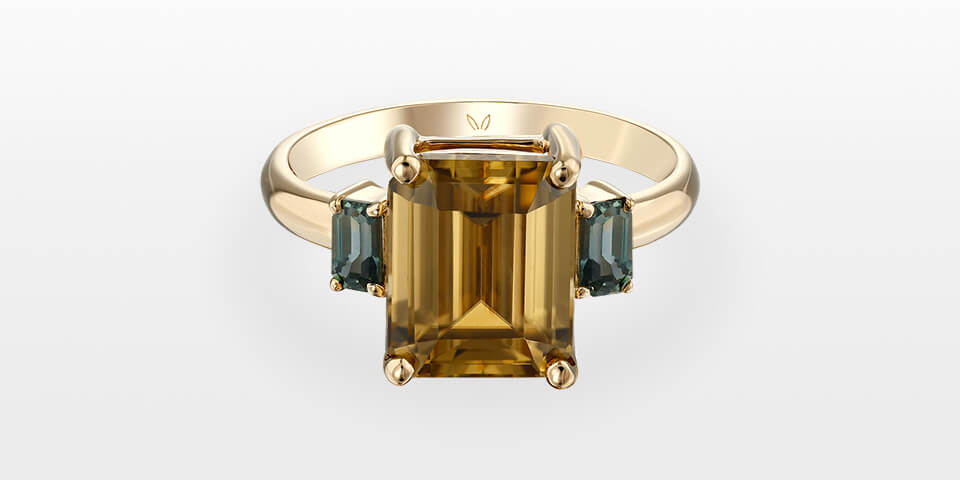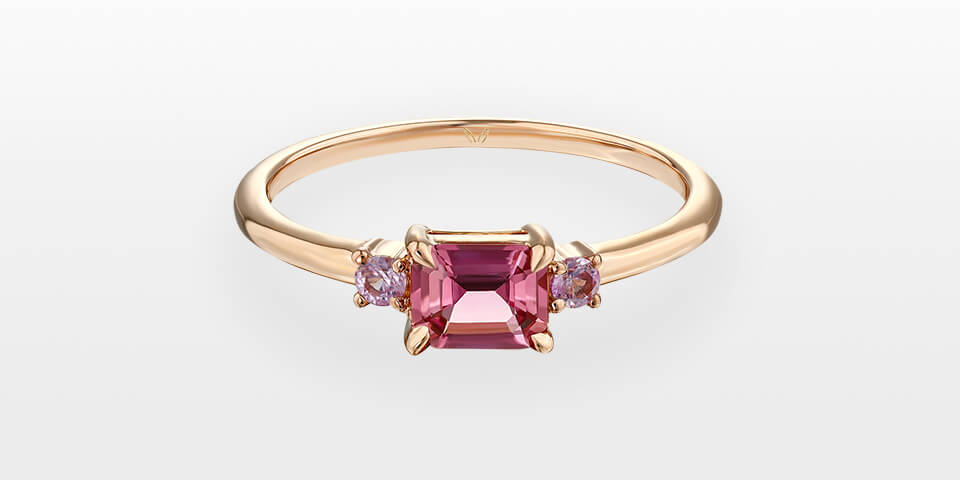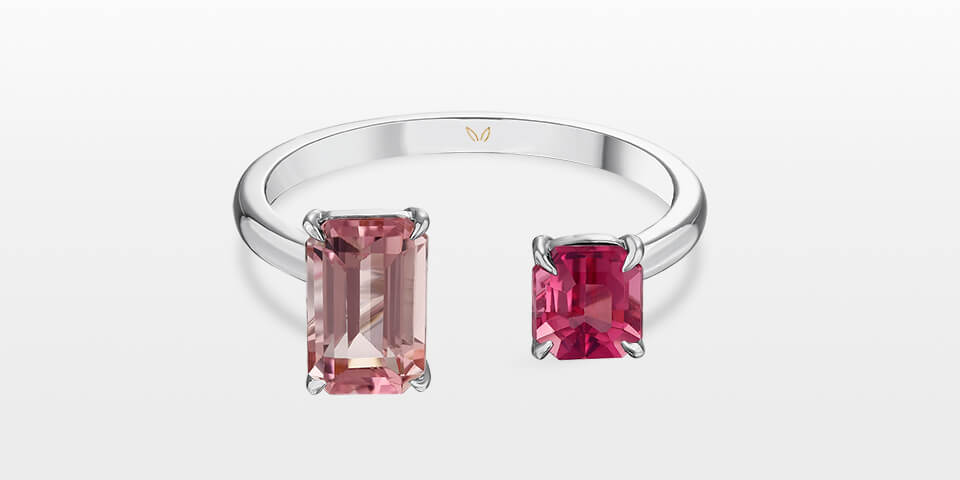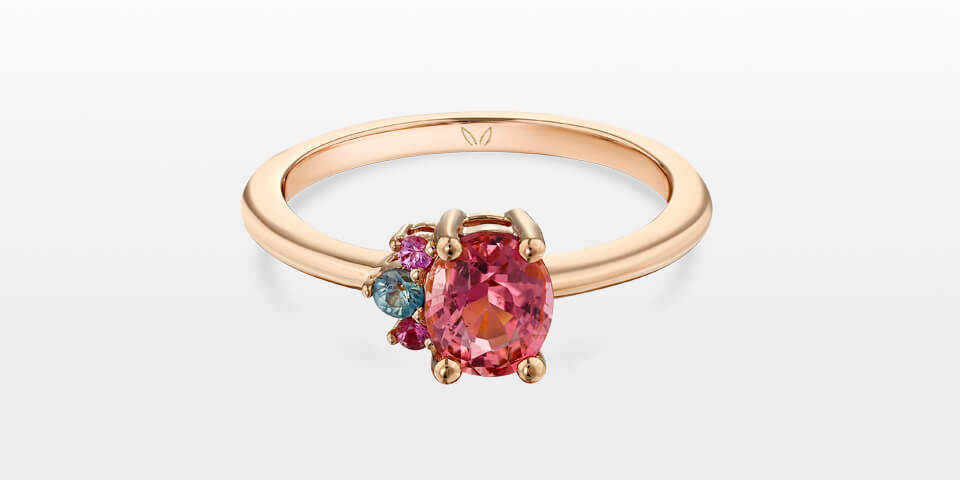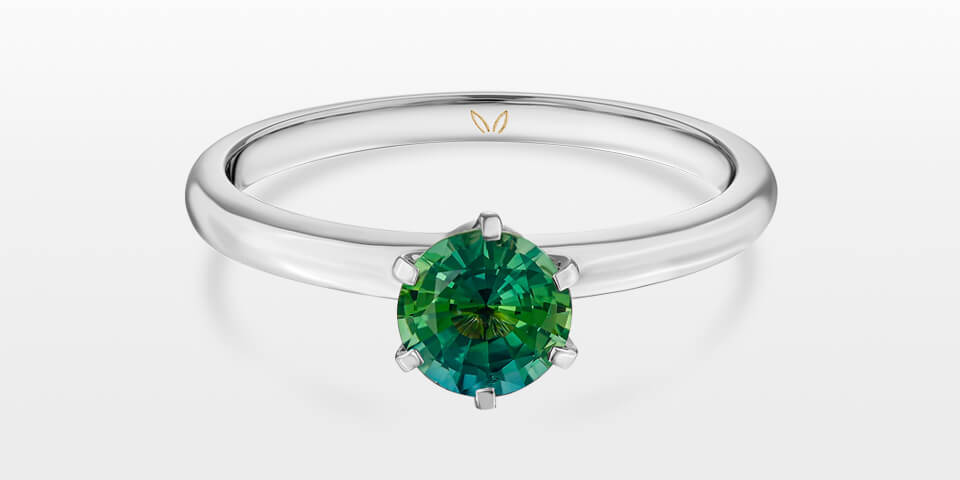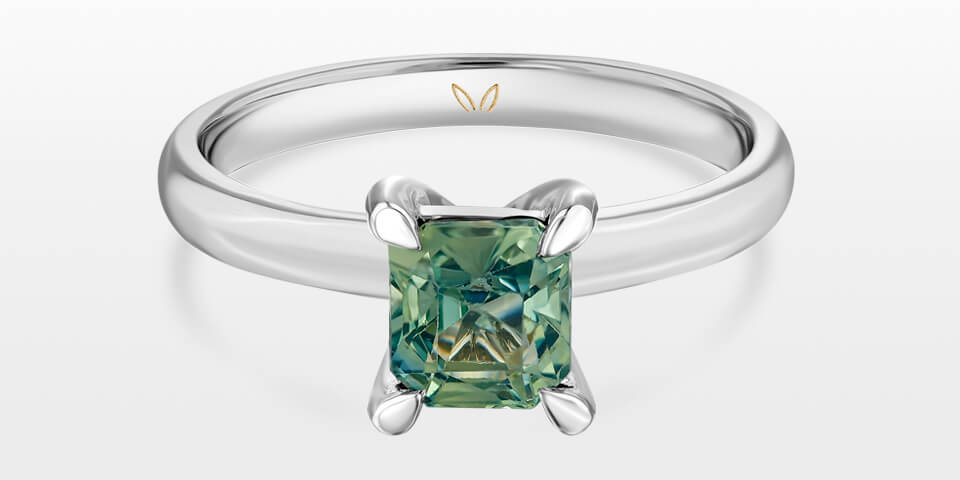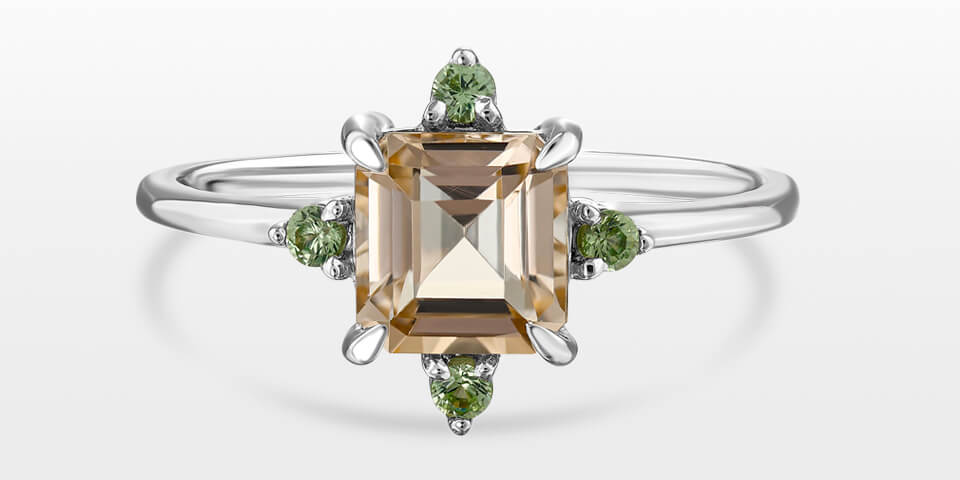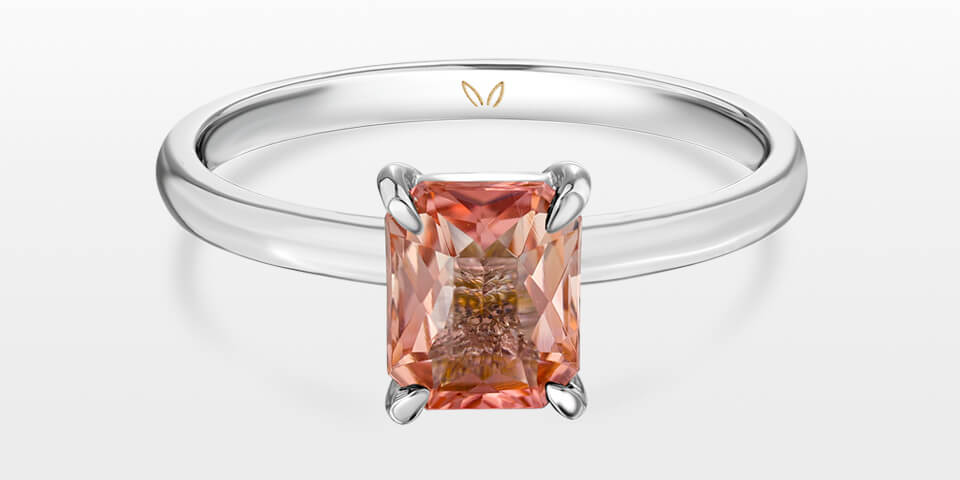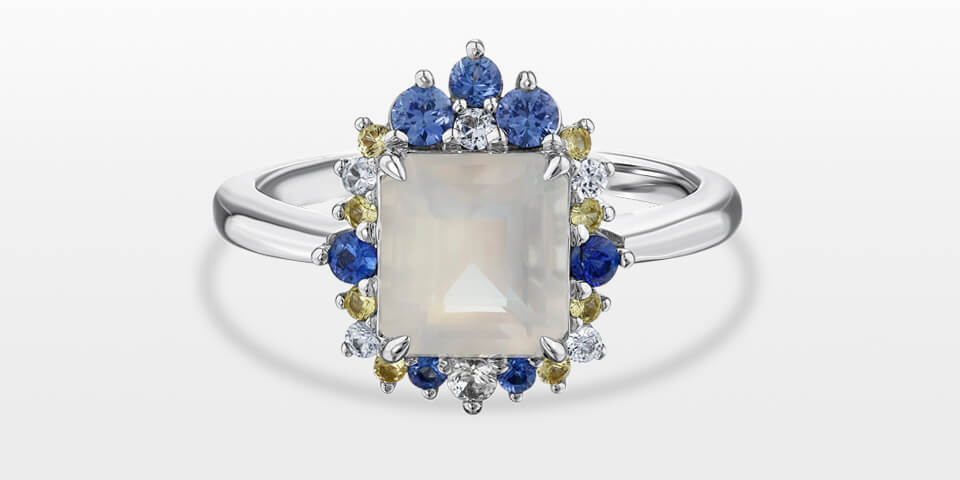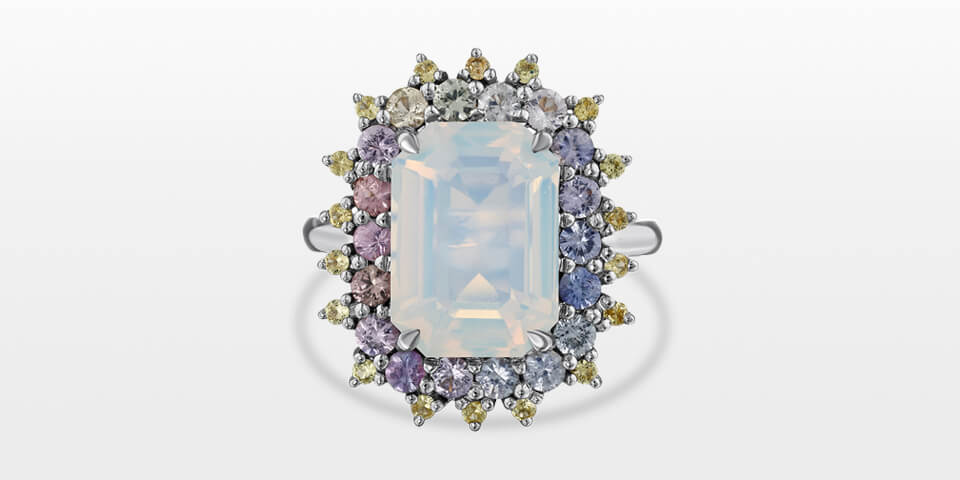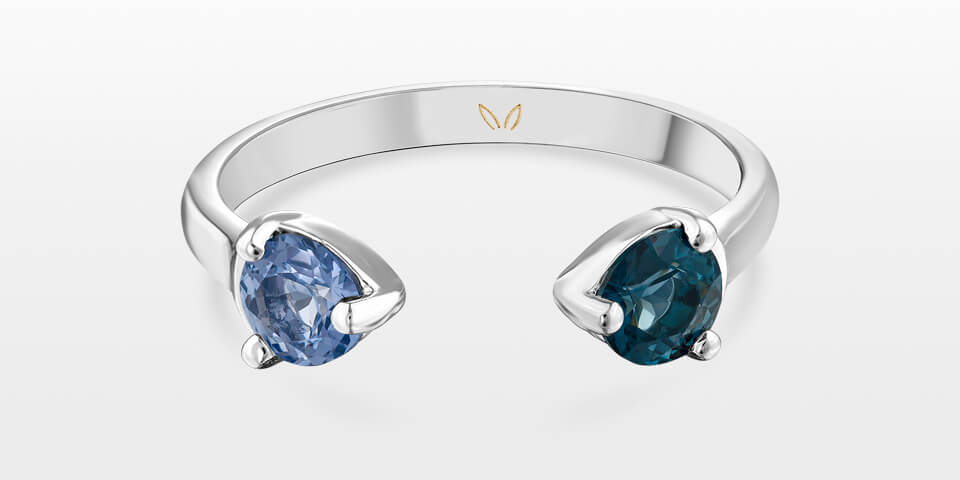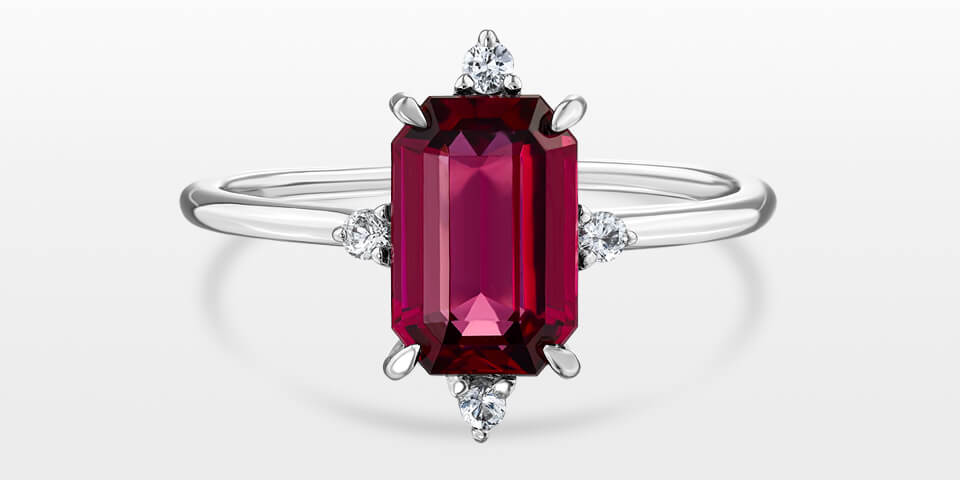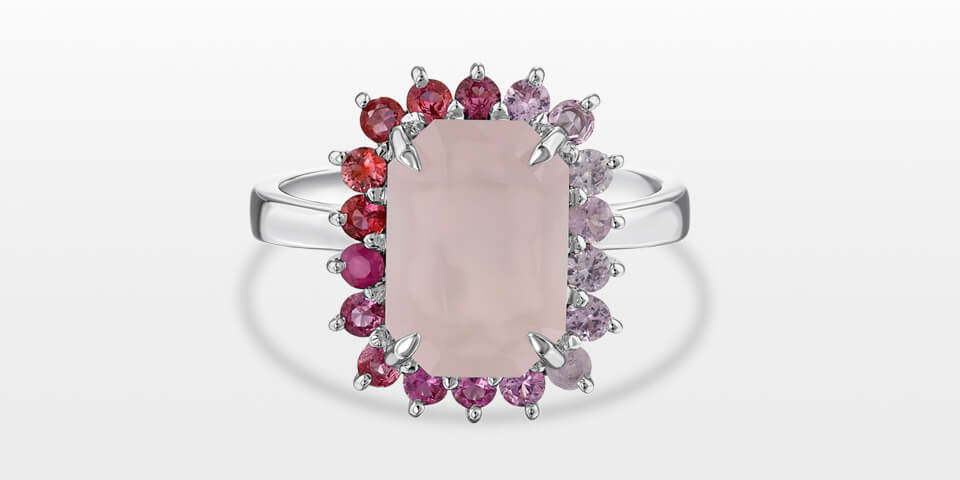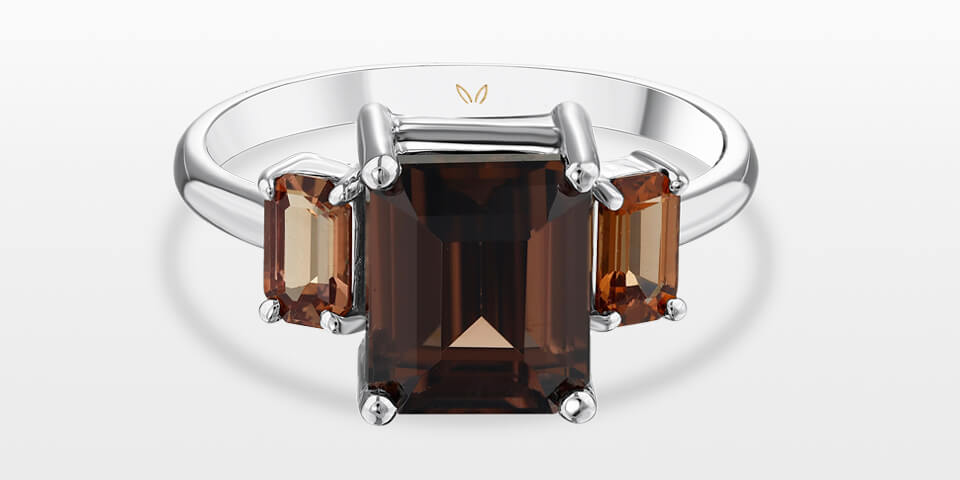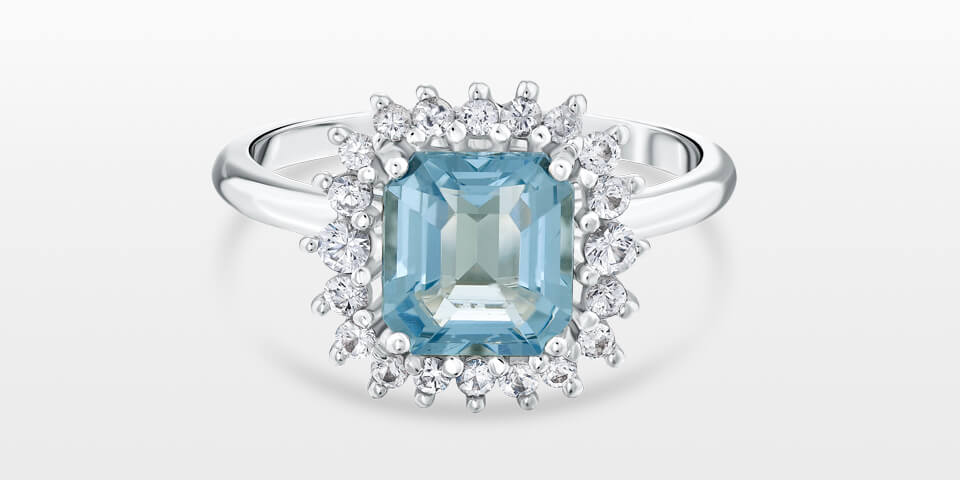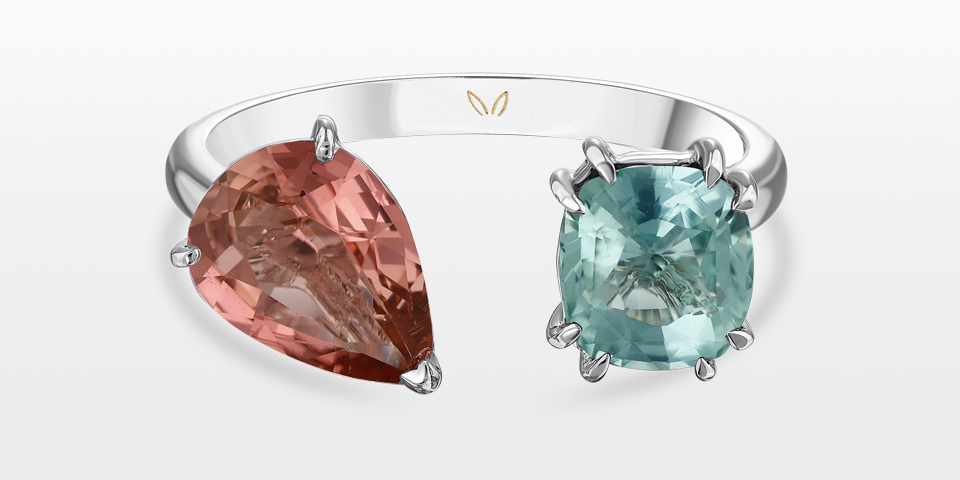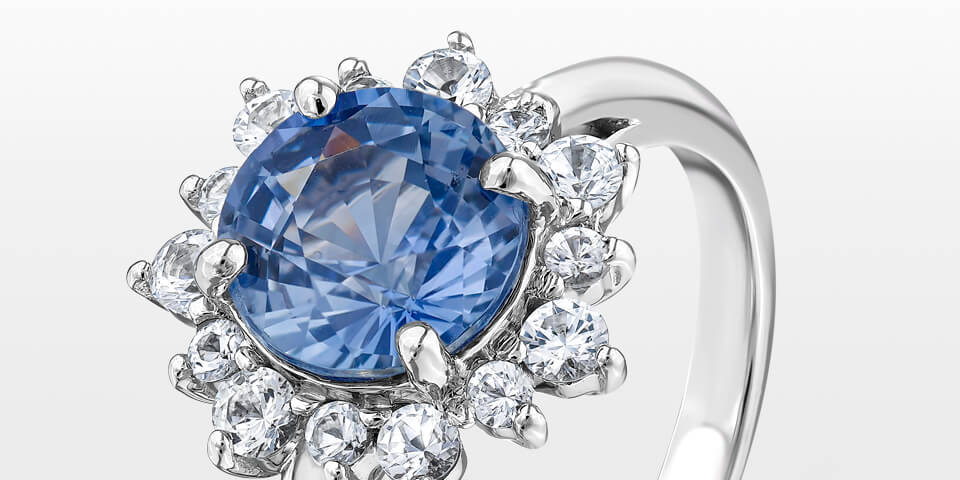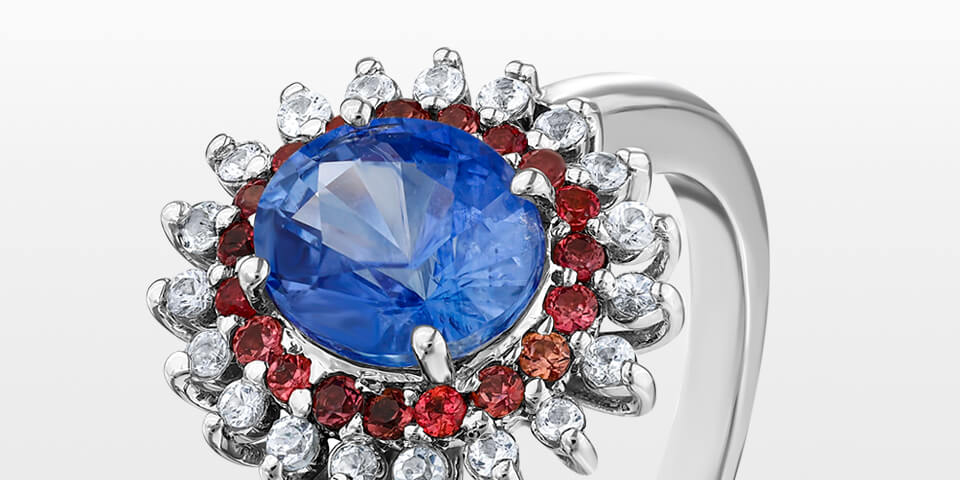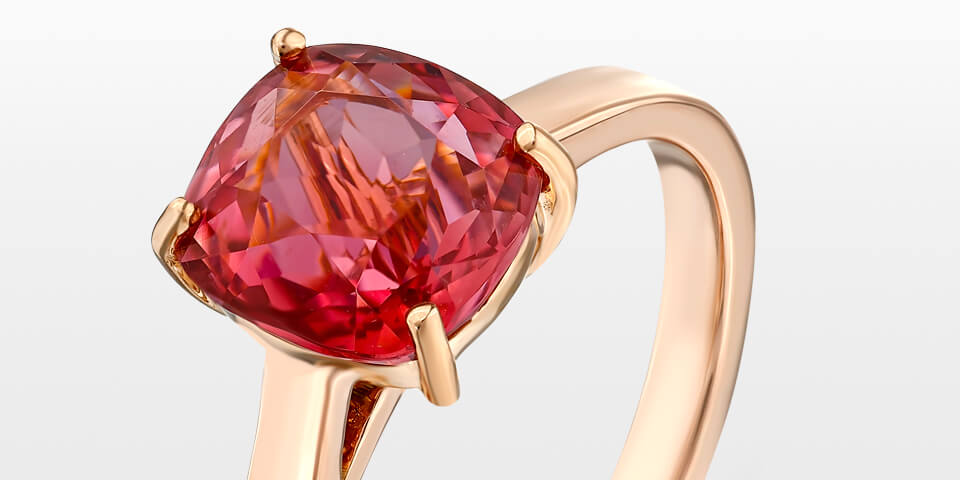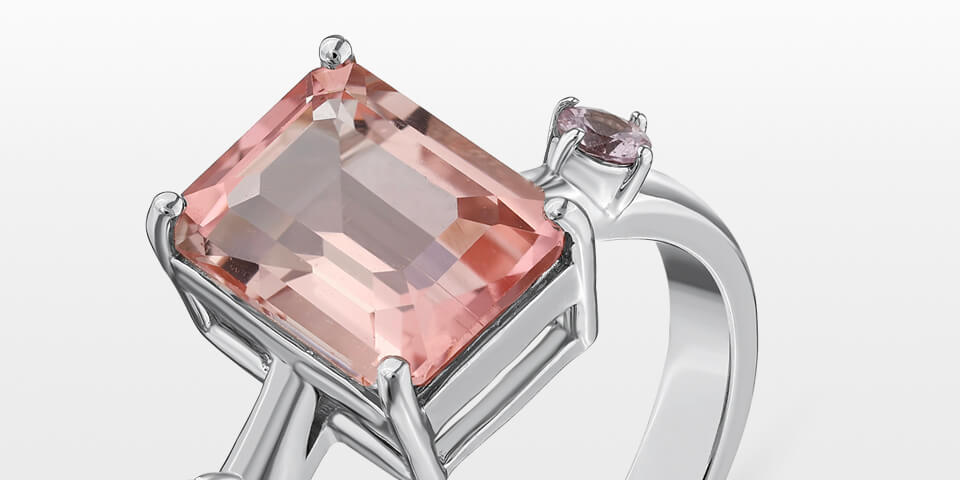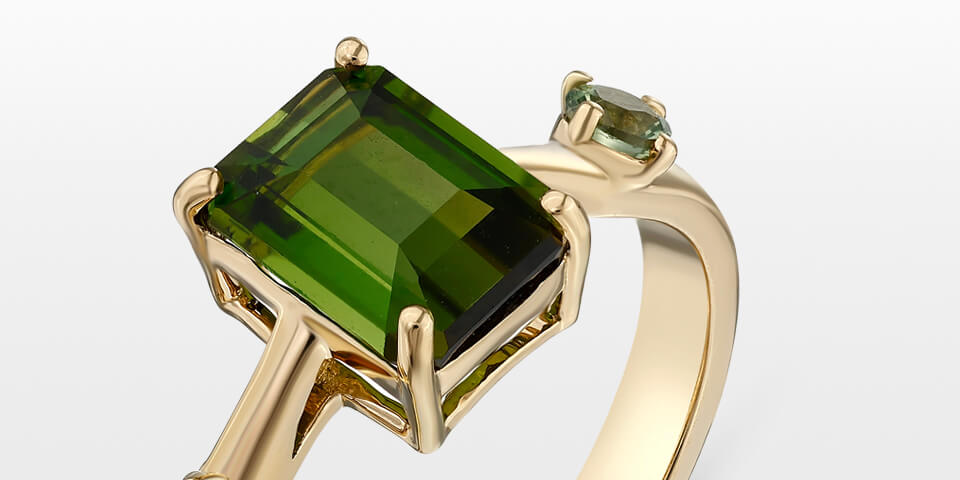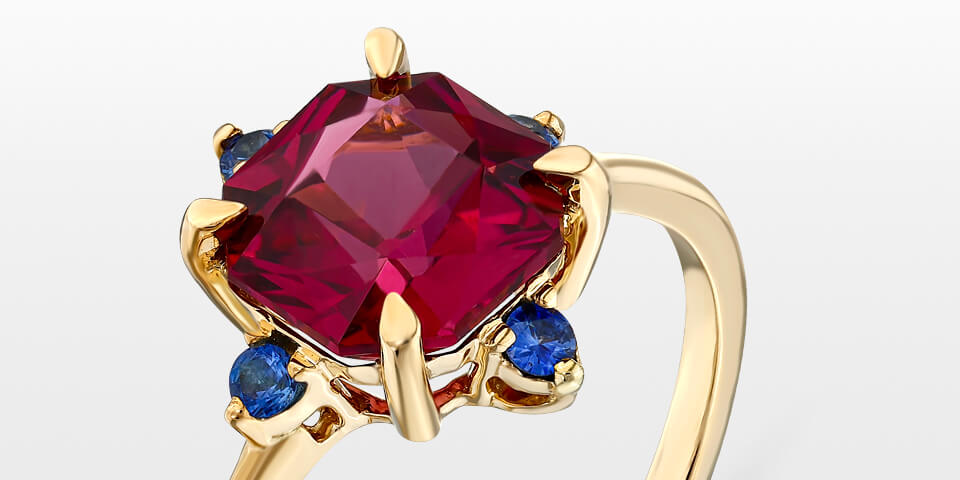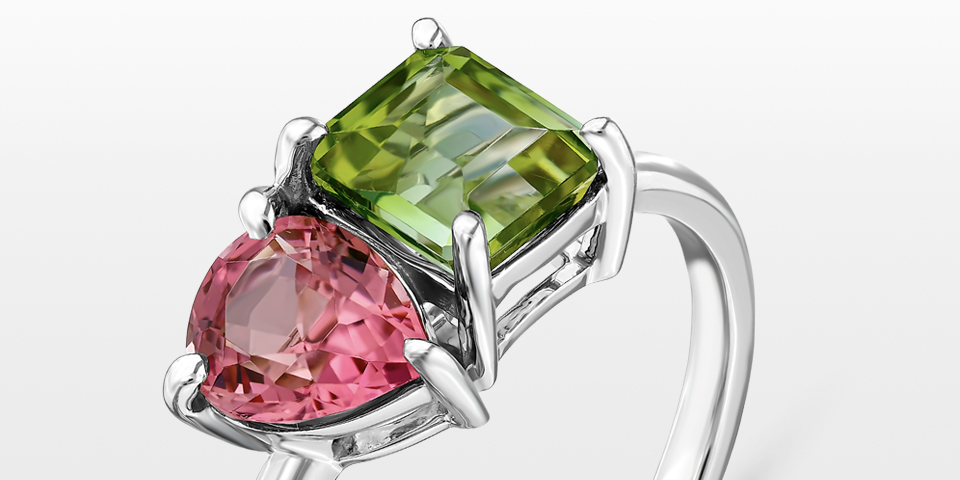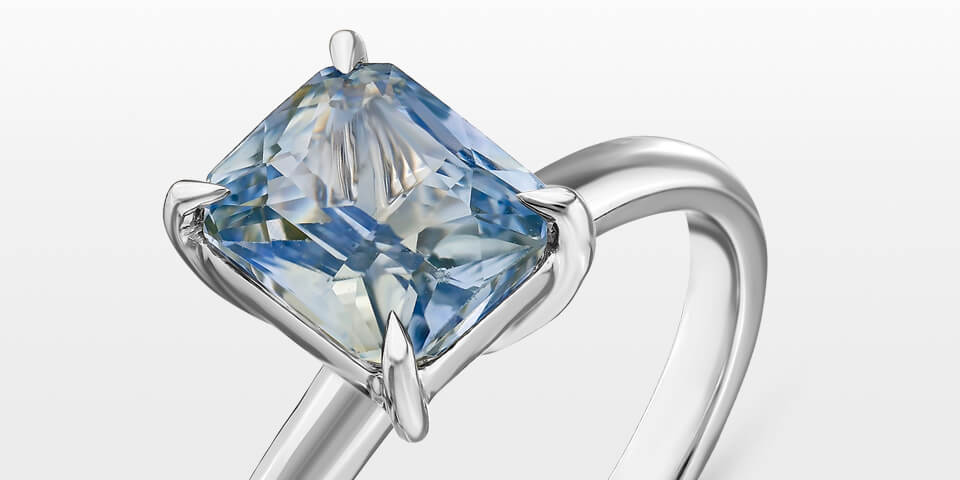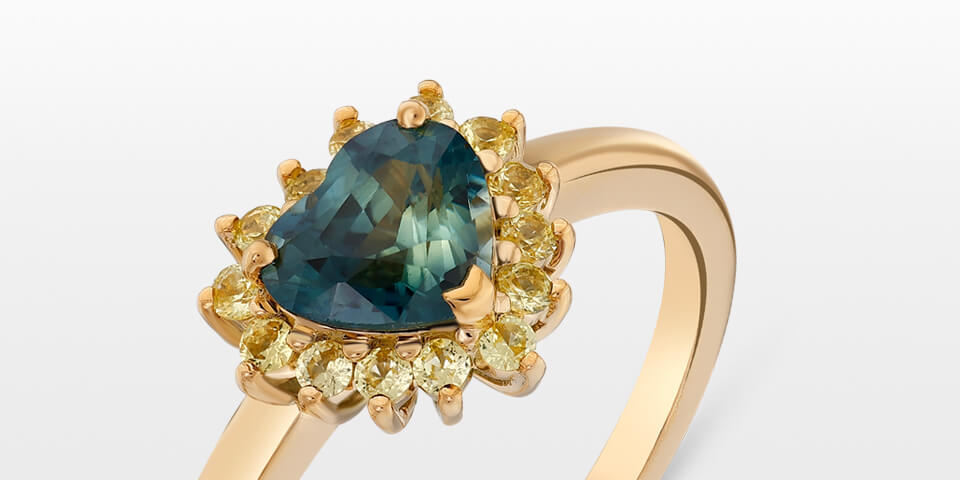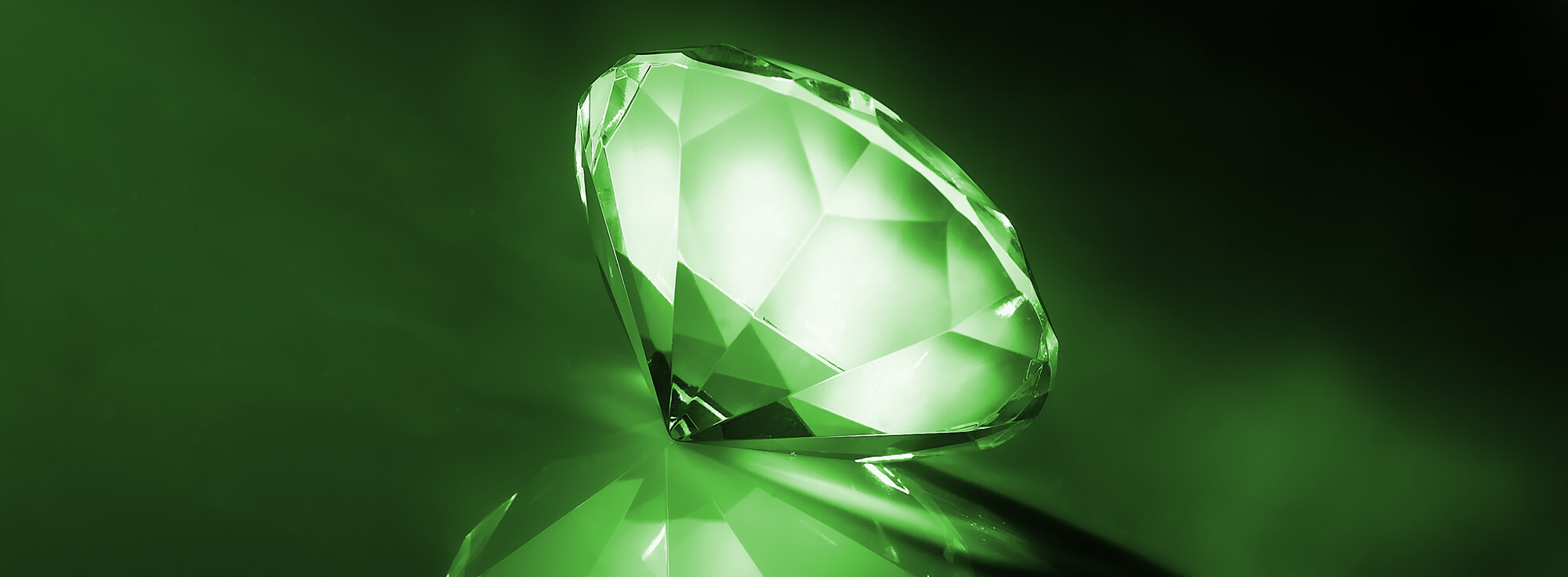
Although none of these characteristics by themselves is a diagnostic tool, they are all ways to distinguish gemstones. A mineral's refractive index is an objective measurement, while some categories, like luster, are based on subjective observations. When identifying a stone, a gemologist will use a variety of tools and techniques to eliminate some potential candidates. The stone's ability to transmit, bend, and reflect light can be determined by looking at just one or all of its optical properties. A simple combination of physical and optical characteristics might be sufficient in some cases, while in others, more may be required.
Color
A gemstone's beauty is one of the most sought-after characteristics, and the stone's color plays a significant role in this. When light passes through a crystal and is absorbed there or refracted to change direction, it gives rise to color in gems. White light is made up of many different colors; when one or more of those colors are absorbed, the light that is still emitted by the gem takes on a colored hue. This may be caused by the presence of trace elements that cause specific wavelengths to be absorbed or may be a feature of the chemical composition of the gem.
Luster
The general look of a gem's surface as it reflects light is known as its luster. Metallic and non-metallic luster are the two primary categories of luster. With the exception of a few stones like hematite and pyrite, precious metals have metallic lusters while gemstones don't. Vitreous, waxy, pearly, silky, resinous, greasy, earthy, metallic, and adamantine lusters are among the lusters that are associated with gems.
Refractive Index
Light changes its speed and direction as it travels through transparent gems. The term for this is refraction. The refractive index (RI) refers to the difference in light speed as it travels from the air into a gem. The gem's RI can be calculated using the variation in indirection, or light bending. Diamond's high RL causes "fire," or flashes of light that are visible when the gem is moved. The intensity of the fire increases with the spread of white light.
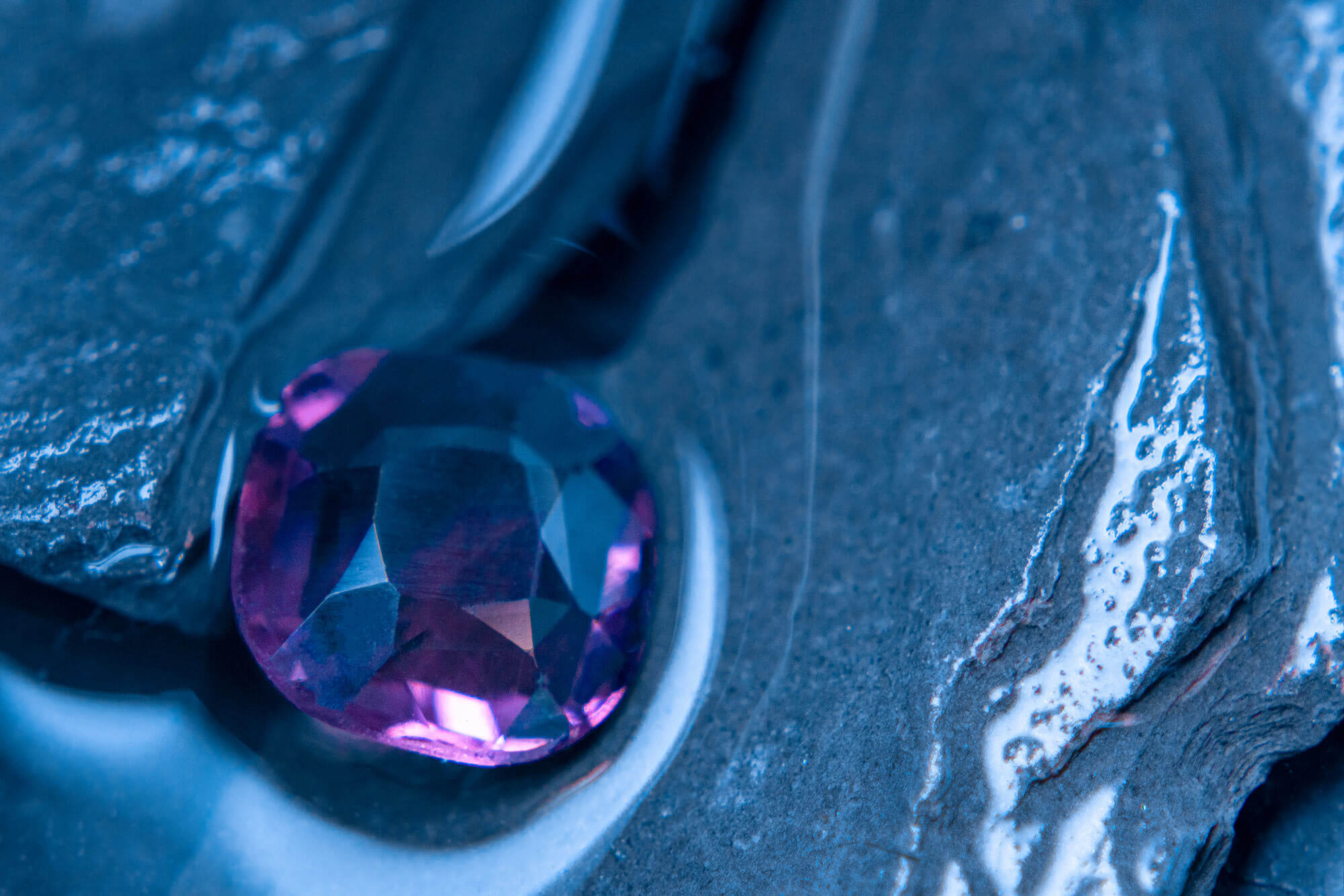
Adamantine luster
Adamantine luster is found in gems that exhibit extraordinary brilliance and shine. It is a relatively rare luster that is only found in diamonds, a small number of zircons, and a very select few other gems.
Double Refraction
The cubic system of gemstone minerals causes light to bend in all directions equally. Other kinds of crystal systems cause light to bend at two different angles, bending the light in two different directions. Double refraction is the term for this.
Spectroscopy
Spectroscopy is the study of how light emits energy based on its wavelength. Light waves passing through gemstones are measured by spectroscopic equipment. Light can enter the spectroscope through a small slit. A light spectrum is created when a gem is put in front of the slit and a light source. Where a stone absorbs a particular wavelength, it produces dark bands. These bands represent various elements' characteristics, making it possible to determine the chemical composition of the gem. Much about the makeup of the gems can be learned from the three spectra on the right.
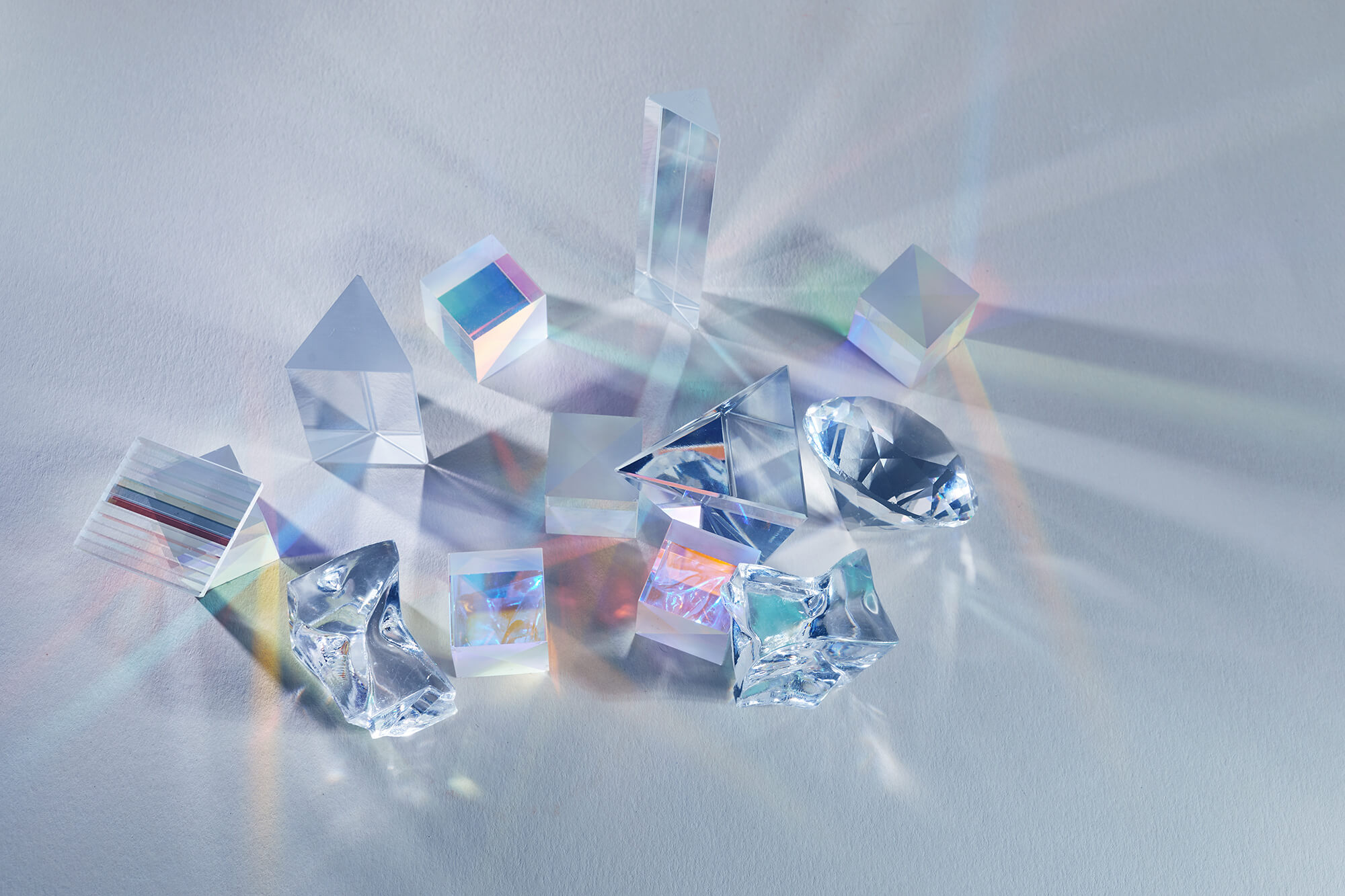
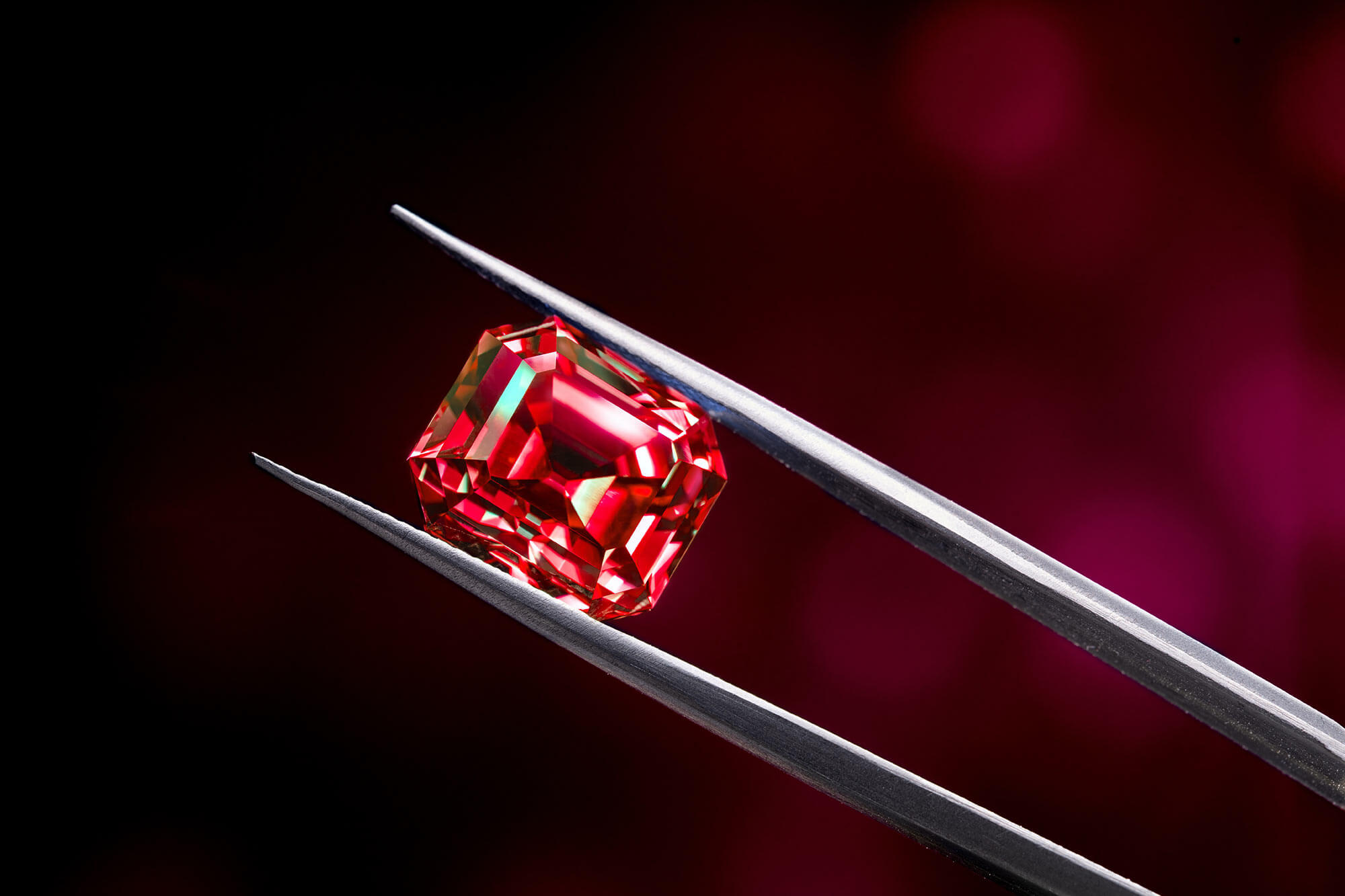
Spectra
Only a few dark bands or lines can be seen in Ruby's simple spectrum. Almandine, on the other hand, displays a lot of lines because of its intricate composition. Glass has only two absorption areas because it is made of only two elements.
